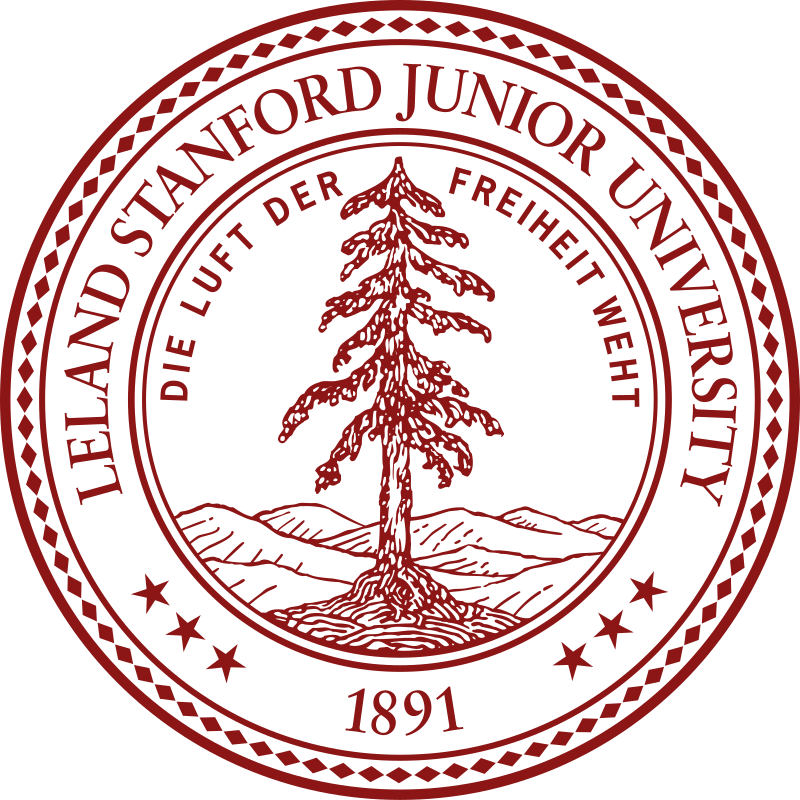We strongly encourage second year students to follow an additional language course in their own time, taught by the Department of Modern Languages.
Year 1
Core modules
Classical Mechanics and Relativity 1 - 10 credits
Classical Mechanics and Relativity 2 - 10 credits
Electromagnetism and Temperature and Matter - 20 credits
Introduction to Probability and Statistics - 10 credits
Mathematics for Physicists 1A - 10 credits
Mathematics for Physicists 1B - 10 credits
Physics Laboratory 1A - 10 credits
Optional modules
Choose 10 credits, example of optional modules:
Chaos and Non-linear Systems A - 10 credits
Introduction to Astrophysics - 10 credits
Introduction to Particle Physics and Cosmology - 10 credits
Year 2
Core modules
Electromagnetism 2 - 10 credits
Mathematics for Physicists 2A - 10 credits
Mathematics for Physicists 2B - 10 credits
Optics - 10 credits
Particles and Nuclei & A Quantum Approach to Solids - 10 credits
Physics and Communication Skills 2 - 10 credits
Physics Laboratory 2 - 10 credits
Physics Project - 10 credits
Quantum Mechanics 2 - 10 credits
Statistical Physics and Entropy - 10 credits
Optional modules
Choose 20 credits, example of optional modules:
Eigenphysics - 10 credits
Electronics 10 credits
Lagrangian and Hamiltonian Mechanics - 10 credits
Nuclear Physics and Neutrinos - 10 credits
Observational Astronomy - 10 credits
Structure in the Universe - 10 credits
Year 3 (International Year)
Modules will depend upon the chosen University. Your programme of study will be devised through liaison with the academic tutors at Birmingham and those at your host institution.
To undertake an exchange to a non-English speaking university, BSc Students must hold a GCSE (grade B or above) in an appropriate language. You are required to continue with language lessons during the first two years of your studies at the University of Birmingham.
Students wishing to study in Europe must do so at one of our partner institutions, with whom we can guarantee an exchange programme. Students wishing to study at an International University (ie, outside of Europe) are not guaranteed an exchange. This is because any allocation depends on academic achievement.
For exchange outside of Europe, you must list seven universities in order of preference, with the first three choices being from three different countries. International university placements have been undertaken in many countries, including Australia, Canada, Japan, New Zealand and the United States of America.
On returning to Birmingham you will complete your studies by following the final year of your course.
Tuition fees for placement years (where applicable)
There is a reduced tuition fee for the academic year spent in industry or whilst studying abroad (where available). Fee information and further clarification is available on the University fees and funding page.
Year 4
Core modules
General Physics - 10 credits
Group Studies - 20 credits
Quantum Mechanics 3 - 10 credits
Statistical Physics- 10 credits
You also take EITHER Laboratory (20 credits) OR Laboratory (10 credits) and Scientific Computing Laboratory (10 credits).
Laboratory (10cr) - 10 credits
Laboratory (20cr) - 20 credits
Scientific Computing Laboratory 1 - 10 credits
Scientific Computing Laboratory 2 - 10 credits
Optional modules.
Choose 50 credits, examples of optional modules:
Atomic Physics - 10 credits
Biophysics - 10 credits
Chaos and Dynamical Systems - 10 credits
Complex Variable Theory - 10 credits
Condensed Matter Physics - 10 credits
Evolution of Cosmic Structure - 10 credits
Exoplanets - 10 credits
Fission and Fusion - 10 credits
Images and Communications - 10 credits
Medical Imaging - 10 credits
Nuclear Physics- 10 credits
Observational Cosmology - 10 credits
Particle Physics - 10 credits
Physics Critique - 10 credits
Physical Principles of Radar - 10 credits
Physics Teaching in Schools - 10 credits
Radiation and Relativity - 10 credits
The Life and Death of Stars - 10 credits
Please note: The modules listed on the website for this programme are regularly reviewed to ensure they are up-to-date and informed by the latest research and teaching methods. Unless indicated otherwise, the modules listed for this programme are for students starting in 2023. On rare occasions, we may need to make unexpected changes to core modules; in this event we will contact offer holders as soon as possible to inform or consult them as appropriate.
Show less










